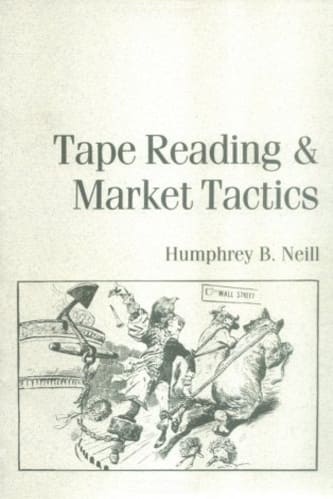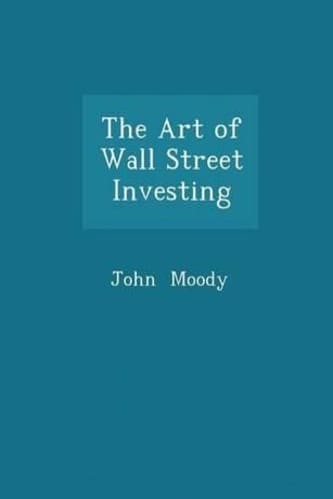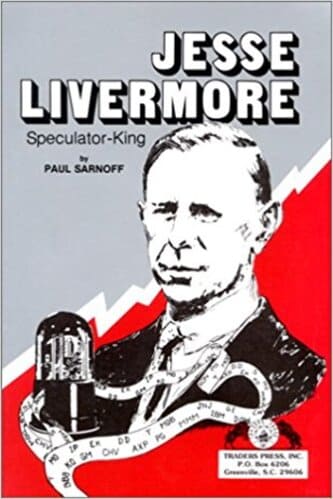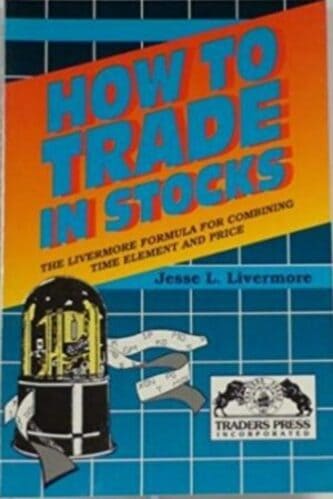Forces Which Make Prices
$10.00
| Author(s) | |
|---|---|
| Pages |
60 |
| Format |
|
| Published Date |
1919 |
Wall Street’s leading money makers all keep an eye upon coming events. When the outlook, as they see it, favors a period of depression, they distribute stocks in anticipation of curtailed orders, factories running on half time, unemploymcnt, poor earnings, and reduced dividends. When these latter conditions in due time become obvious, these same persons very likely are then accumulating stocks upon the prospect of usiness improvement. The “mystery” of why the stock market acts so and so, very commonly has here its explanation. The market moves upon prospects as far ahead as the best informed people can see, and its present prices are based upon estimates of future conditions.

The so-called “insider” differs from the great majority of investors and traders in that he bases his commitments upon calculations of future economic conditions while the attention of the majority almost exclusively centers in prevailing conditions. Why does the market not respond?” the outsider inquires in disgust when his stock sluggishly moves off the very day its statement of excellent earnings had appeared in all the newspapers. “It already has,” thinks the insider; “what’s ahead?”
While all events cannot be discounted and many either are overdiscounted or underdiscounted (as will be considered later) the fact that in general, stock prices move ahead of present conditions and the certainty that they will discount everything obvious, is the most important, the simplest and the most disregarded of all speculatiye features.
Contents:
- Buying and Selling Zones
- Market Moves
- Price Moves from the Inside
- Twenty Years in the Stock Market
- From Gross to Dividends
- Looking Ahead
Forces Which Make Prices By Warren Fayette Hickernell PDF









